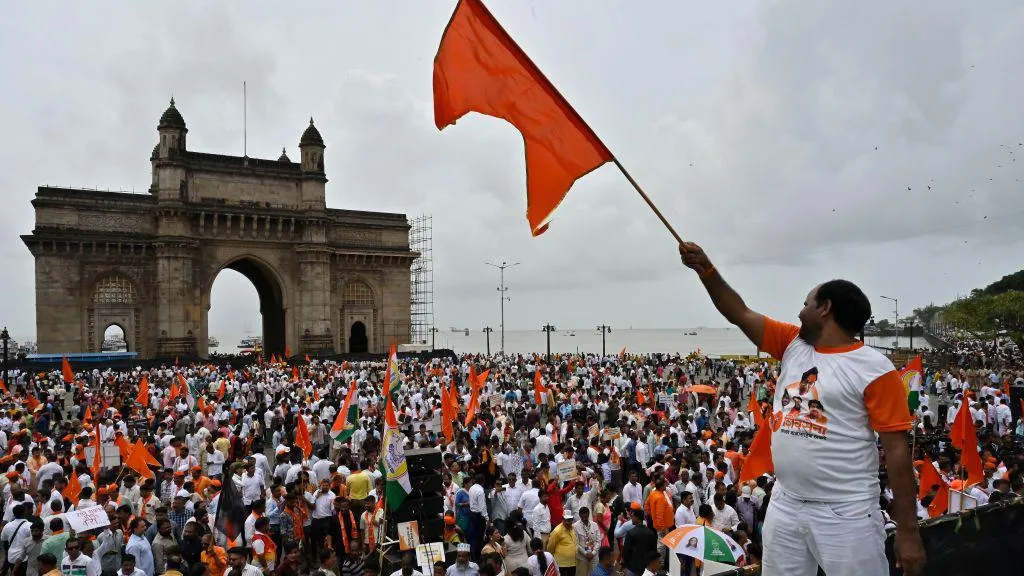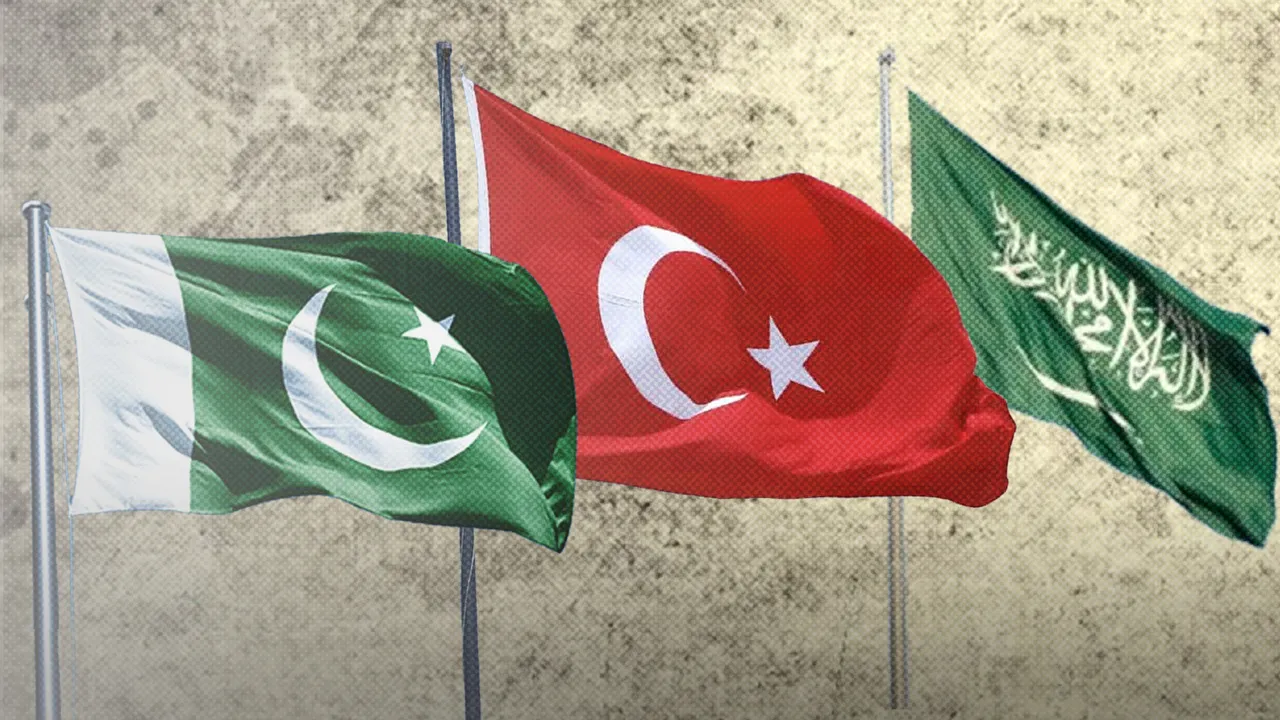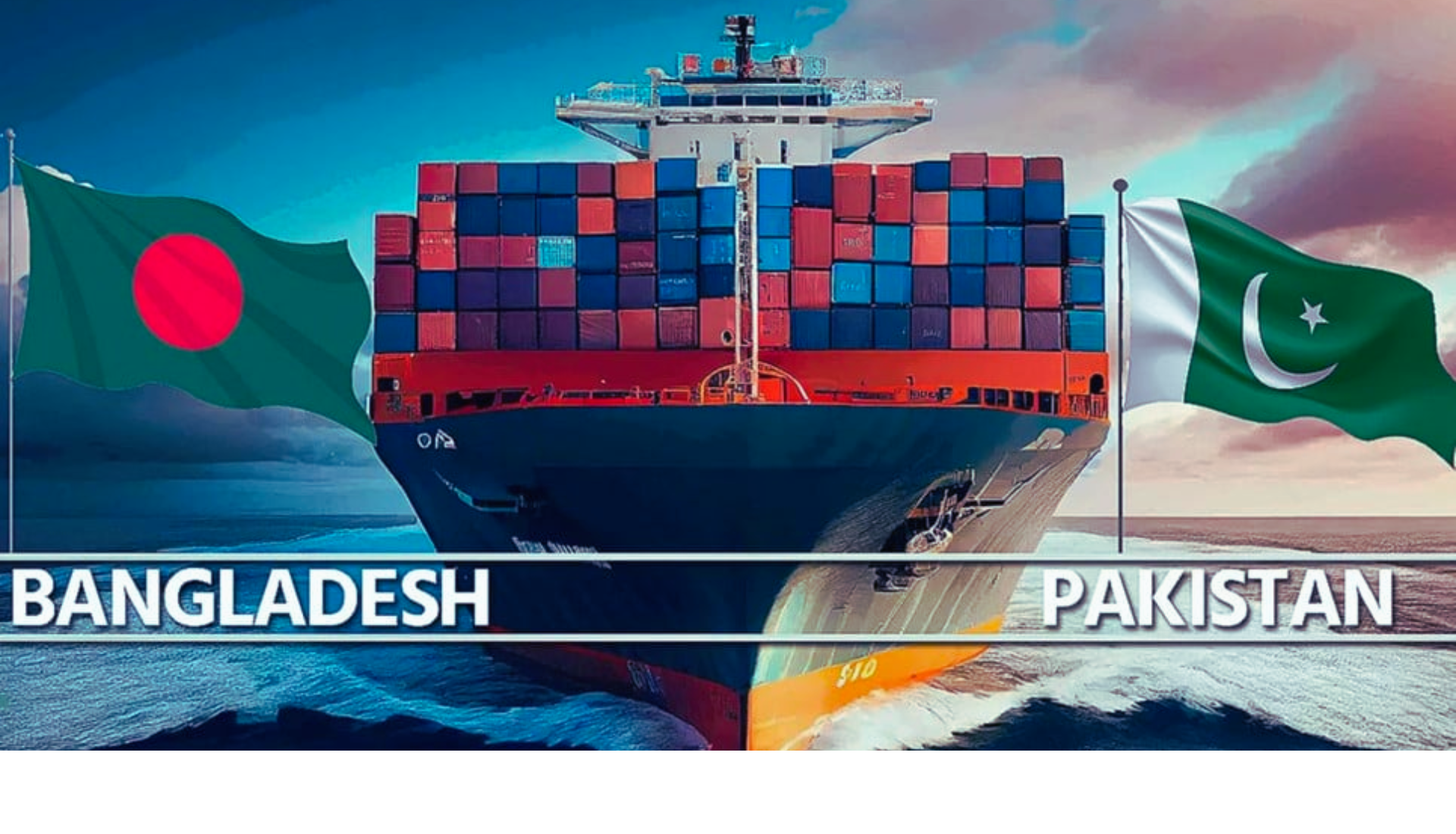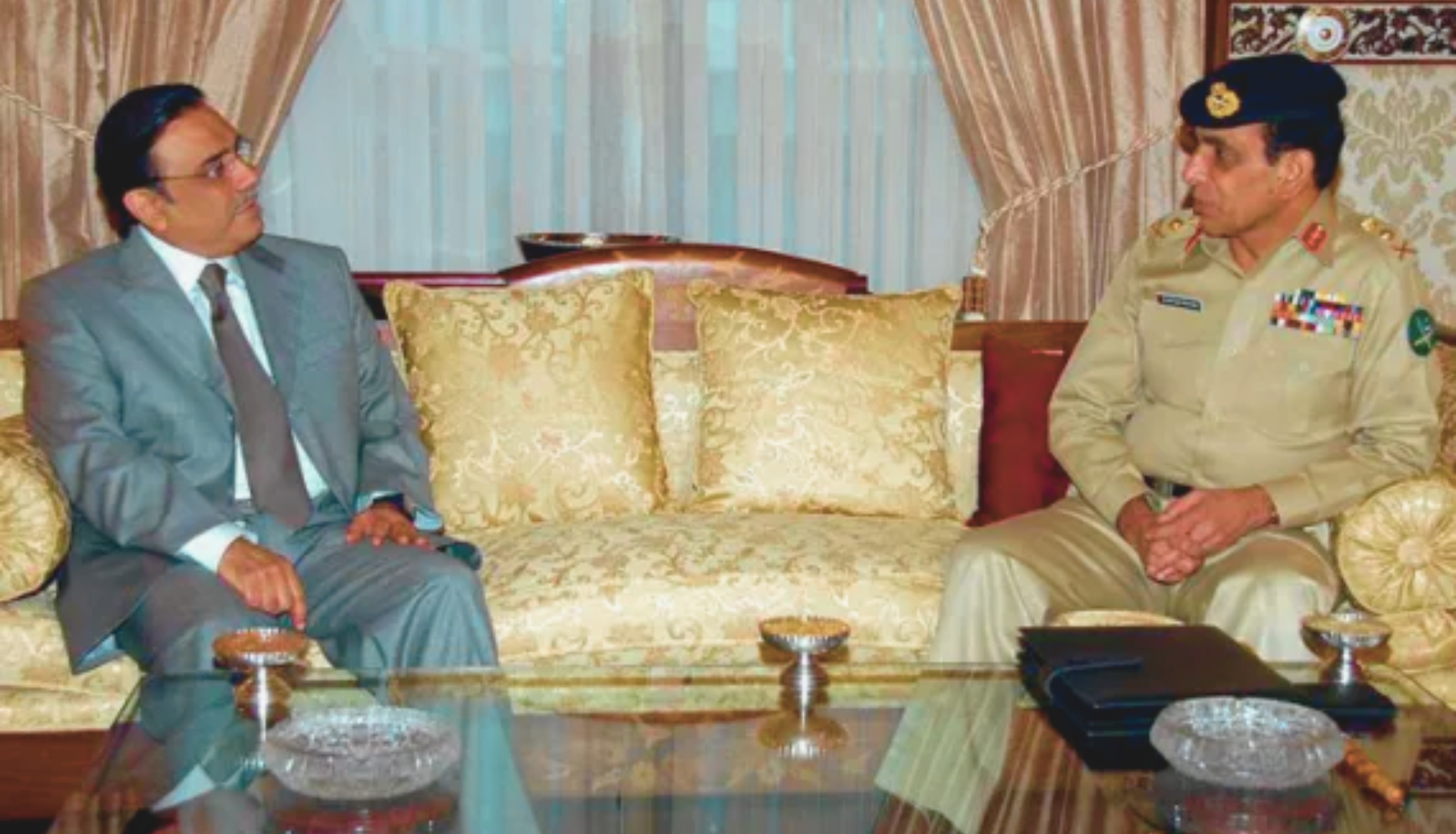The statue’s collapse of a massive 17th Century ruler has sparked protests. It has also triggered a political controversy in the western Indian state of Maharashtra.
Shivaji Shahaji Bhosale was a warrior king whose exploits against the Mughals made him a hero during his own lifetime. The state reveres him and celebrates him as an icon of the Hindu right.
The statue’s collapse occurred just weeks before elections are due in Maharashtra. This has put the state’s ruling coalition on the back foot. It has also given opposition parties a potent issue to raise.
The statue’s collapse even drew an apology from Prime Minister Narendra Modi. He had inaugurated the statue in December. His Bharatiya Janata Party (BJP) is part of Maharashtra’s ruling coalition.
“I extend my apologies to all those who worship Chhatrapati Shivaji Maharaj (Emperor Shivaji) as their revered deity. I know their sentiments are hurt by the statue’s collapse,” he said on Friday.
Statue’s Collapse Sparks Corruption Allegations

The BJP is part of an alliance that runs the state government. This alliance includes breakaway factions of two regional parties: the Shiv Sena and the National Congress Party (NCP).
Even members of the NCP held “silent protests” last week. They demanded action from the state government, which they are part of.
Built at a cost of 23.6m rupees ($281,285; £214,185), the 35-ft (10.6m) statue in Sindhudurg district collapsed on 26 August amid heavy monsoon rains.
The opposition has demanded Chief Minister Eknath Shinde’s resignation, alleging corruption in its construction.
Senior opposition leader Sharad Pawar spoke during a protest rally. He noted that numerous statues of Shivaji across the state were still standing. However, only the newly installed one had collapsed.
“There was corruption in the process of installing the statue. This is an insult to Chhatrapati Maharaj,” he alleged.
Mr Shinde has denied the charges, saying the statue collapsed because of strong winds in the coastal town.
Ravindra Chavan, a state minister, said that the public works department, which he heads, had already informed the Indian Navy – responsible for overseeing the statue’s construction – about rust in its nuts and bolts.”
Ashish Shelar, the BJP’s Mumbai chief, has also apologised publicly, saying the mistake will be rectified and the culprits will face punishment. Police have arrested one person, the structural consultant on the project, and say they are on the lookout for the statue’s sculptor.
Shivaji’s Legacy Ignites Political Tensions
Formally crowned as Chhatrapati – king in Sanskrit – in 1674 at Raigad fort, Shivaji ruled over a Maratha kingdom which included parts of western, central and southern India. People saw him as an astute leader who successfully made alliances with or militarily resisted the ruling powers of his time.
He has become an increasingly central figure in Maharashtra’s politics of late and no political party can afford to ignore him or be accused of insulting him. Marathas from Shivaji’s caste dominate the political landscape of the state – 12 of 20 chief ministers since the state’s formation have been Marathas.
Politicians would also not prefer to inflame the sentiments of the Maratha community, who have repeatedly protested in recent years demanding quotas in government jobs and educational institutions.
So the opposition will hope to frame the issue as an insult to the state and Maratha pride.
The opposition alliance, called Maha Vikas Aghadi (MVA) has organised state-wide protests. In response, the BJP has held counter-protests, accusing the MVA of politicising the issue.
This news is sourced from BBC and is intended for informational purposes only.






